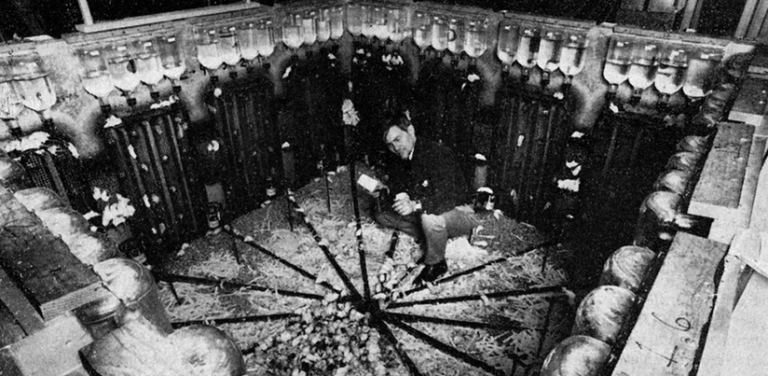Over the last few hundred years, the human population of Earth has seen an increase, taking us from an estimated 1 billion in 1804 to 7 billion in 2017. Throughout this time, concerns have been raised that our numbers may outgrow our ability to produce food, leading to widespread famine.
Some – the Malthusians – even took the view that as resources ran out, the population would “control” itself through mass deaths until a sustainable population was reached. As it happens, advances in farming, changes in farming practices, and new farming technology have given us enough food to feed 10 billion people, and it’s how the food is distributed that has caused mass famines and starvation.
As we use our resources and the climate crisis worsens, this could all change – but for now, we have always been able to produce more food than we need, even if we have lacked the will or ability to distribute it to those that need it.
USA: Immigration is now top voter concern, beating inflation, new poll shows
But while everyone was worried about a lack of resources, one behavioral researcher in the 1970s sought to answer a different question: What happens to society if all our appetites are catered for, and all our needs are met? The answer – according to his study – was an awful lot of cannibalism shortly followed by an apocalypse.
John B Calhoun set about creating a series of experiments that would essentially cater to every need of rodents, and then track the effect on the population over time. The most infamous of the experiments was named, quite dramatically, Universe 25.
Continue here: IFL Science
Ask me anything
Explore related questions





